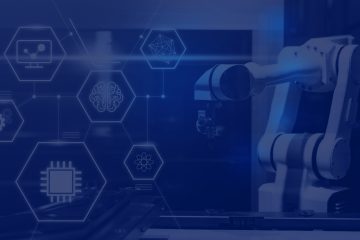In this work we explore the application of deep reinforcement learning (DRL) in navigating autonomous vehicles (AVs) within dynamic environments, aiming to optimize fuel efficiency without compromising safety or operational reliability. Focusing on the intricate balance between real-time decision-making and energy conservation, a DRL model was developed that efficiently manages the AV reactions to dynamic environmental variables, such as traffic conditions, road topology, and unforeseen obstacles. Through the integration of state-of-the-art DRL algorithms including Proximal Policy Optimization (PPO) and Variational Autoencoders (VAEs), the AV succeeded to learn and adapt its driving strategy to minimize fuel consumption, while maintaining short travel times and ensuring passenger safety. The experimental validation conducted using the CARLA simulator, showcases the model’s capacity to navigate complex urban and highway scenarios efficiently, outperforming traditional navigation methods in terms of fuel economy. Through extensive experimentation, a significant stabilization of fuel consumption at approximately 20-21 liters per hour was observed, across varied driving conditions. Furthermore, the precise velocity adjustments produced by the model, leads to smoother acceleration and deceleration strategies, minimizing fuel waste and enhancing overall energy efficiency. These results not only contribute to the theoretical foundations of autonomous vehicle navigation but also demonstrate the potential of deep reinforcement learning in enhancing the energy efficiency of AVs. It paves the way for the development of more sustainable and economically viable transportation solutions.
See More here


